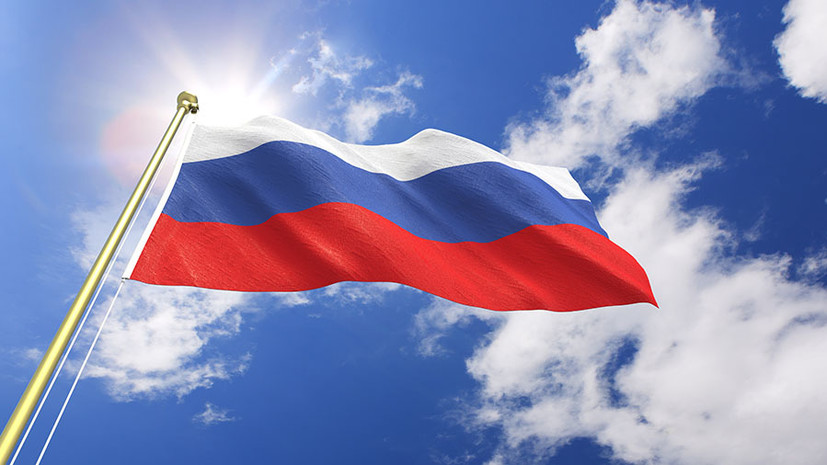In his article for "Actual Comments", Surkov recalled that, according to the second law of thermodynamics, entropy (a measure of the chaotic component of a system -
RT
) in a closed system increases.
“At the same time, nobody canceled the second law of thermodynamics - and any state sooner or later wears out and perishes in the struggle against the“ many-rebellious desires ”of its own citizens,” he wrote.
Surkov noted that at the beginning of the century the Russian system of power "stopped the avalanche of social chaos and pulled the traumatized country out of the rubble of perestroika."
"But.
But if the second law of thermodynamics is correct (and it is correct) and entropy cannot decrease and disappear, then the question arises (a rather disturbing question) - where is it in this case?
When the order was restored, what became of the disorder?
Where is the chaos now, which seems to be nowhere to be seen?
Where did he go?
In what places does it grow now (after all, "according to the law" it must grow!)? "
- he wrote.
According to Surkov, chaos “methodically displaced” from material and virtual realities “goes into the blind zones of social life”.
According to political scientist Marat Bashirov, the essence of Surkov's article is that social entropy "is always present", but in order for a stable state to exist, "it is necessary that this entropy eventually crystallizes outside the borders of the state."
“So that we don’t have internal shocks, we always need to look for options for moving this entropy to external contours, and the second idea that he has in mind is that when these kind of processes are external, yes, they become very dangerous and reach a critical point then those who are the beneficiaries of these processes must come to an agreement, ”he said in an interview with RIA Novosti.
At the same time, the political scientist noted that in the 90s Russia "had a very strong internal entropy", and this experience should be studied "now, so as not to catch it up later."

